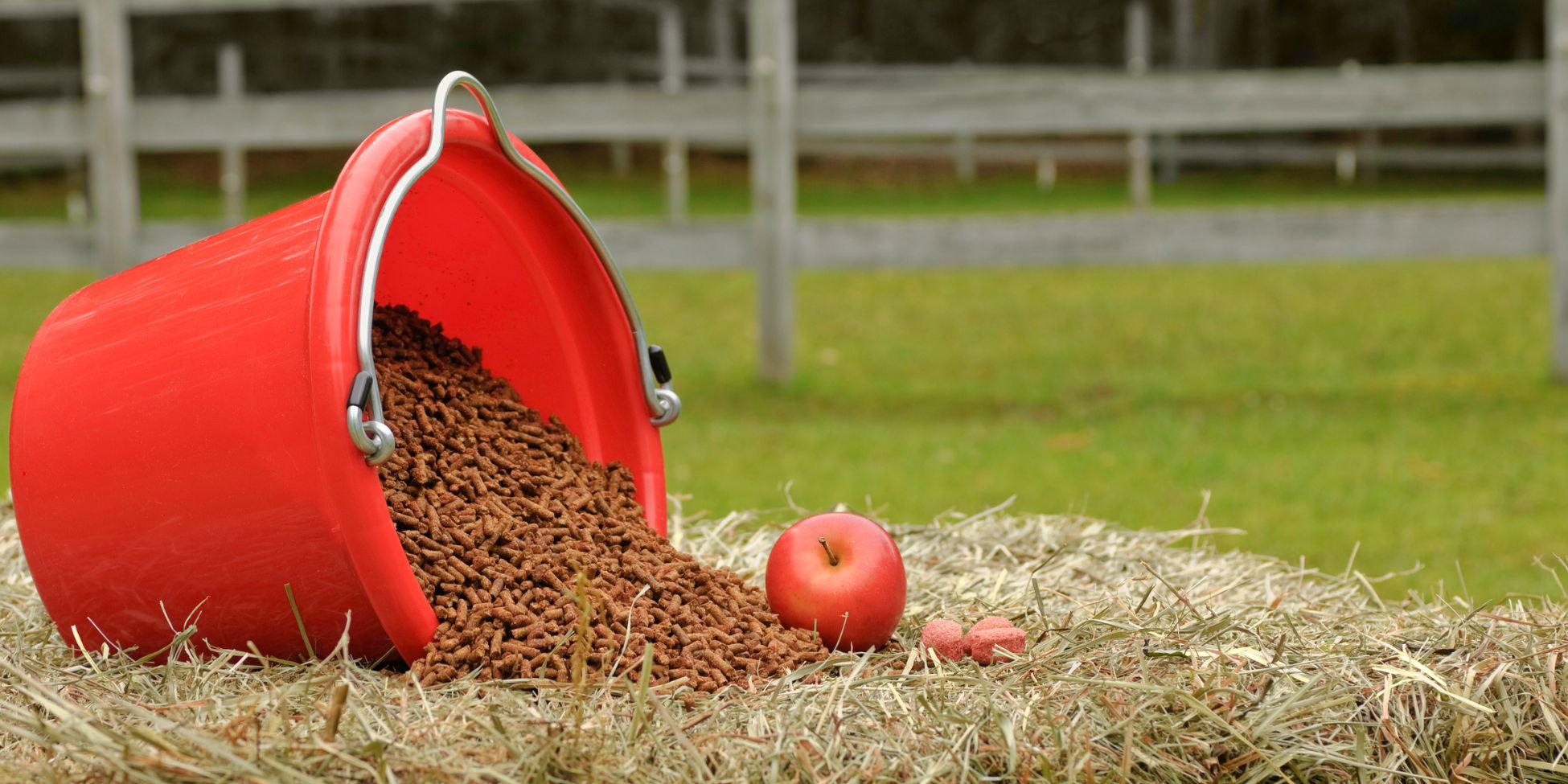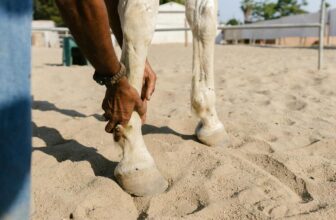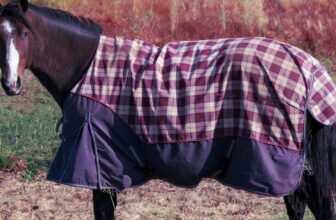
When deciding on the best feed for your horse's specific requirements, it's crucial to navigate through a maze of options. Understanding your horse's unique dietary needs and complexities can be a daunting task, especially with the plethora of products available on the market. Navigating through this sea of choices requires a discerning eye and a strategic approach to ensure that your equine companion receives the optimal nutrition for their well-being.
Understanding Your Horse's Dietary Needs
Understanding your horse's dietary needs begins with recognizing its individual nutritional requirements. Each horse is unique, with specific needs based on factors like age, weight, activity level, and overall health. It's crucial to tailor their diet to meet these specific needs for optimal health and performance.
Start by evaluating your horse's body condition score. This will give you a good indication of whether they're underweight, overweight, or at an ideal weight. Adjust their feed accordingly to help them reach or maintain a healthy body condition.
Consider your horse's activity level. Horses in heavy work will require more energy-dense feeds to support their increased energy demands. On the other hand, horses with light exercise routines may do well on a simpler, lower-calorie diet.
Regularly assess your horse's overall health. Factors like dental issues, metabolic conditions, or digestive sensitivities can greatly impact their dietary requirements. Consult with your veterinarian or equine nutritionist to create a customized feeding plan that addresses your horse's individual needs.
Factors Influencing Feed Selection
To make informed decisions about the best feed for your horse, take into account various factors that influence feed selection. First, consider your horse's age and activity level. Younger horses, older horses, and those in heavy work require different nutritional profiles.
Next, assess your horse's body condition and any specific health issues. For example, a horse needing to gain weight will have different feed requirements than one with metabolic concerns.
Climate and environment also play a role. Horses in cold climates may need more calories to stay warm, while those in hot climates require proper hydration and electrolyte balance.
Additionally, evaluate the availability and quality of forage. Good-quality hay can reduce the need for concentrated feeds.
Lastly, your budget and convenience shouldn't be overlooked. Choose feeds that meet your horse's needs without straining your finances or complicating feeding routines. By considering these factors, you can select the most suitable feed for your horse's specific requirements.
Evaluating Nutritional Content
Consider analyzing the nutritional content of potential horse feeds to ensure they align with your equine companion's specific dietary requirements. Look for feeds that provide a balance of essential nutrients such as protein, carbohydrates, fats, vitamins, and minerals.
Protein is crucial for muscle development and overall health, while carbohydrates and fats supply energy. Vitamins and minerals play vital roles in various bodily functions, from bone health to immune system support. Check the ingredient list to see if the feed contains high-quality sources of these nutrients.
Additionally, consider the fiber content of the feed, as fiber is essential for proper digestion and gut health in horses. Ensure that the feed is suitable for your horse's age, activity level, and any specific health conditions.
Tailoring Feed to Optimize Performance
For optimal performance, tailor your horse's feed regimen to meet its specific needs and goals. Consider factors such as age, breed, activity level, and overall health when customizing its diet. High-performance horses may require feed with increased protein and energy levels to sustain their demanding exercise routines. Additionally, incorporating supplements like electrolytes or joint support can help enhance performance and recovery.
It's crucial to consult with a veterinarian or equine nutritionist to develop a well-rounded feeding plan that aligns with your horse's performance objectives. Regularly assess your horse's body condition and adjust the feed accordingly to ensure it remains at an ideal weight and muscle tone. Monitoring hydration levels is also vital for peak performance, especially during intense training or competition periods.
Remember that consistency is key when modifying your horse's feed regimen. Gradually introduce any changes to prevent digestive upsets and allow time for your horse to adjust. By tailoring its feed to optimize performance, you can help your horse thrive and reach its full potential in its respective discipline.




